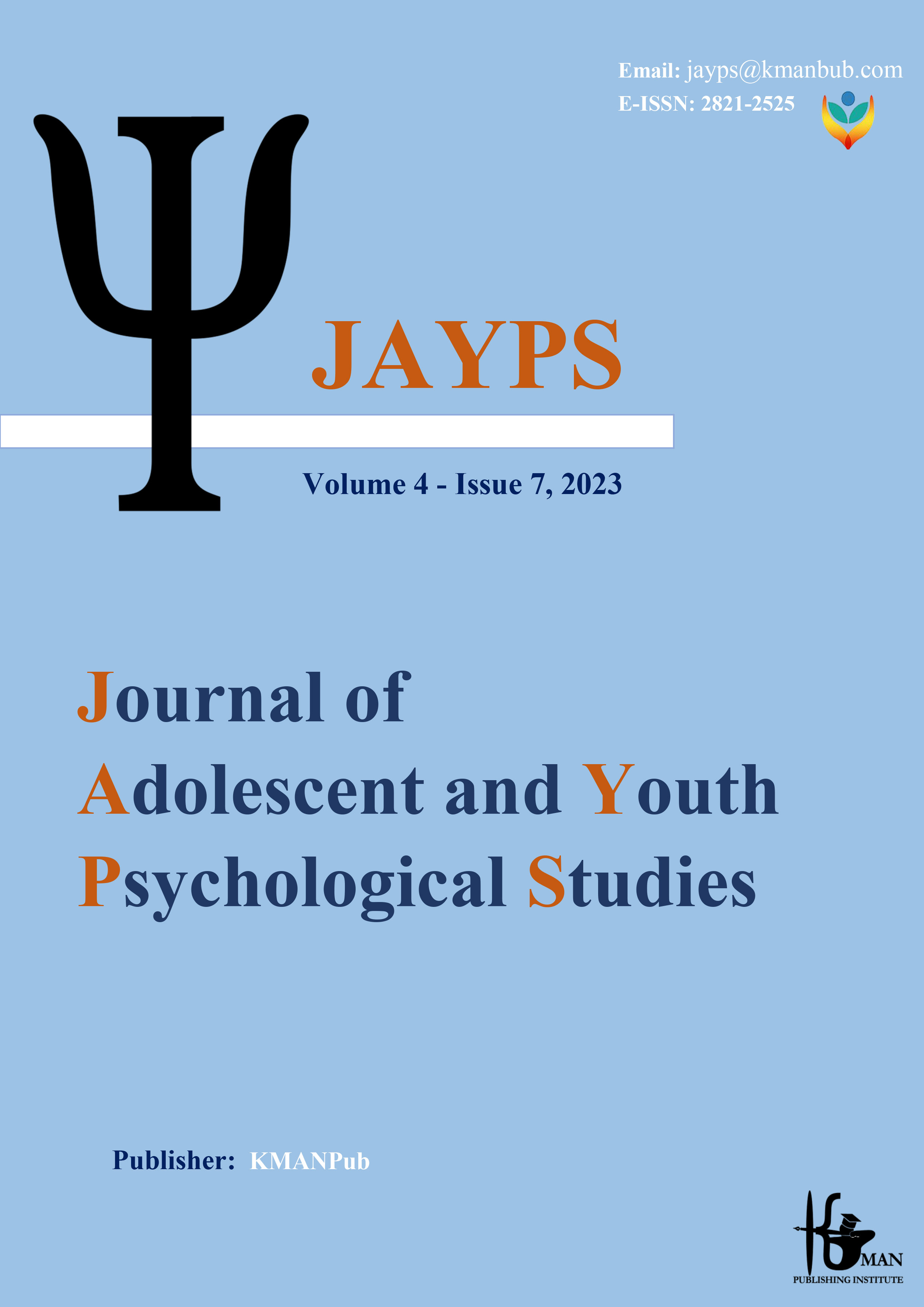Comparing of the effectiveness of group acceptance and commitment therapy and group cognitive behavioral therapy on emotion regulation, psychological capital and coping strategies of students
Keywords:
Acceptance and commitment therapy, cognitive behavioral therapy, emotion regulation, psychological capitals, coping strategies.Abstract
Background and Aim: The needs of today's life, human beings with numerous challenges, stress and pressures that require effective coping with them to have socio-psychosocial abilities. This study aimed to compare the effectiveness of acceptance and commitment-based group therapy and cognitive behavioral group therapy on emotional regulation, psychological capitals and and coping strategies of students. Methods: The research method was quasi-experimental with pre, post and follow-up design with control group. To this end, 75 students whom had criteria for entering the research were selected through convenience sampling and using simple random selection to input them into three groups (two experimental proups and one control group- each group 25 members). The workshops were held once a week for 12 sessions of 90 mins. In this research emotion regulation breaf form (Garnefski & Kraaij, 2006), psychological capitals (Luthans & Avolio, 2007) and coping strategies (Folkman & Lazarus, 1988) questionnaires administered among selected samples. Results: The findings confirmed that two interventions were not significantly different on emotion regulation (P=0.440) but acceptance and commitment-based group therapy was significantly more effective than cognitive behavioral group therapy on psychological capitals (P=0.024) and coping strategies (P<0.0001); and this significant difference effectiveness was stable in follow-up stage only on coping strategies (P=0.044), but for emotion regulation (P=0.840) and psychological capitals (P=0.680) no significant difference had found. Conclusion: Based on the findings, it can be concluded that acceptance and commitment therapy and cognitive behavioral group therapy are two useful methods of therapy to help the students.
Downloads
Downloads
Published
Submitted
Revised
Accepted
Issue
Section
License

This work is licensed under a Creative Commons Attribution-NonCommercial 4.0 International License.









